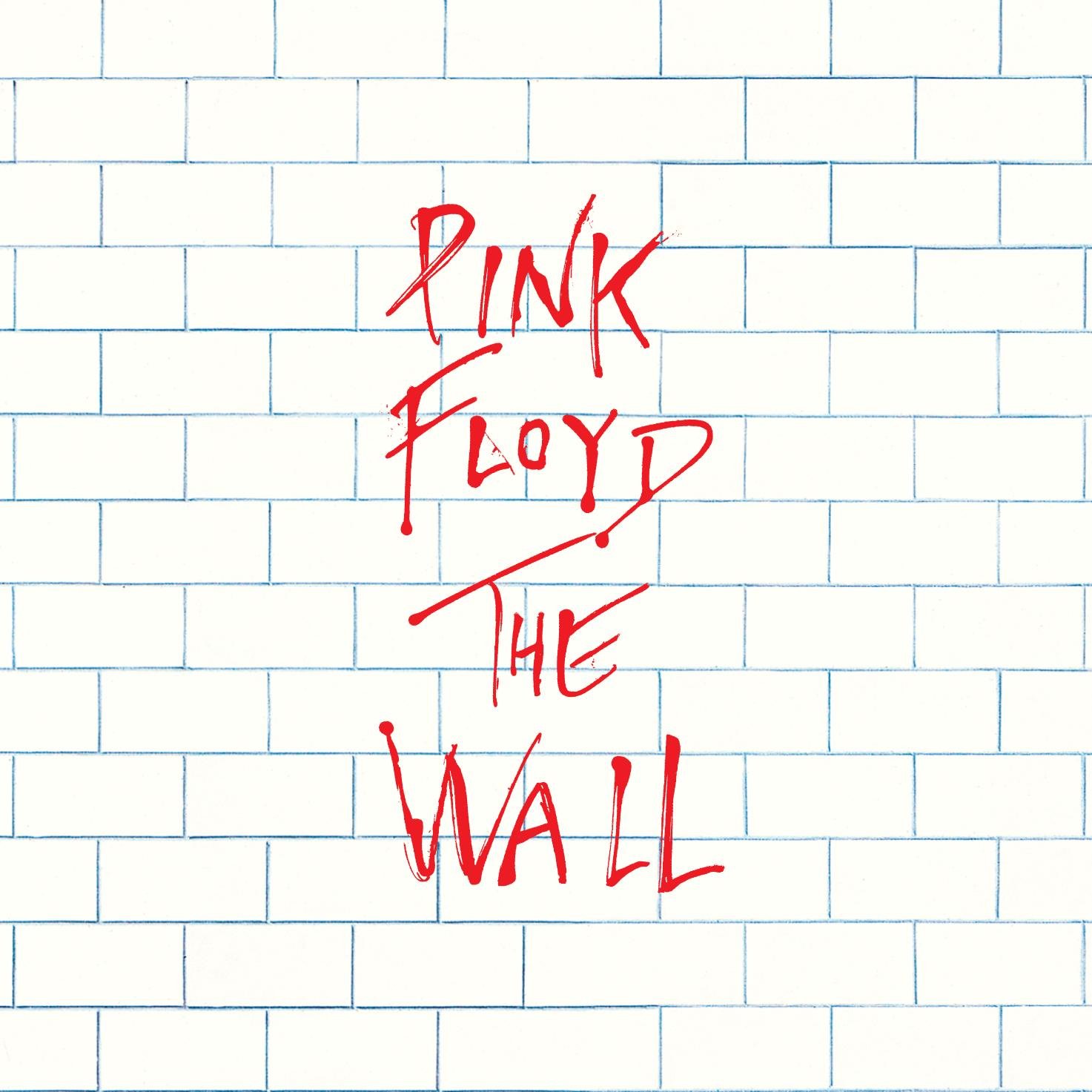The Wall

The Wall is a rock opera album by the English progressive rock band Pink Floyd, released in 1979. It is the band's eleventh studio album and is a concept album that tells the story of a rock star named "Pink" who is undergoing a personal and emotional breakdown. The album explores themes of isolation, abandonment, and the loss of innocence, and reflects Pink Floyd's dissatisfaction with the state of the world in the late 1970s.
The Wall was a commercial and critical success, reaching number one in several countries, including the United Kingdom and the United States. It was also the highest-grossing album-related film of all time at the time of its release.
The album has since been regarded as one of Pink Floyd's most important works, and has been cited as an influence by countless musicians in the decades since its release.
The album opens with the track "In the Flesh?" which sets the stage for the rest of the album with its powerful guitar riff and driving rhythm. This track introduces the character of "Pink," a rock star who is undergoing a personal and emotional breakdown. Throughout the album, "Pink" builds a metaphorical wall around himself in an attempt to protect himself from the outside world, and the rest of the album tells the story of his journey to self-discovery and redemption.
One of the standout tracks on The Wall is "Another Brick in the Wall (Part 2)," which is a powerful anthem that reflects Pink Floyd's dissatisfaction with the state of the world. The song's memorable chorus and driving rhythm make it one of the most recognizable tracks in the Pink Floyd catalog, and its lyrics about the loss of innocence and the dangers of conformity have made it a timeless classic.
Another highlight of The Wall is "Mother," which is a tender ballad about "Pink's" relationship with his mother and the loss of his innocence. The song's delicate melody and emotional lyrics provide a stark contrast to the aggressive sound of the rest of the album, and showcase Pink Floyd's versatility as musicians and songwriters.
The album's centerpiece is the epic track "Comfortably Numb," which is a haunting meditation on the themes of isolation and emotional numbness. The song's powerful guitar solos and ethereal vocals make it one of the most memorable tracks on the album, and its exploration of the emotional toll that fame and success can take on a person has made it a classic in the Pink Floyd catalog.
The album closes with the powerful ballad "Outside the Wall," which brings the story of "Pink" full circle as he tears down the wall that he has built around himself. The song's tender melody and hopeful lyrics provide a contrast to the dark themes that precede it, and offer a glimmer of hope for the future.
The Wall was not just an album, but also a stage show and a film. The stage production of The Wall was a spectacular and elaborate theatrical event that incorporated massive sets, intricate lighting, and special effects to bring the story of "Pink" to life. The film adaptation of The Wall, released in 1982, was a visual tour-de-force that combined live-action footage with animation to create a powerful and emotional visual experience.
In conclusion, The Wall is a landmark album that explores the themes of isolation, abandonment, and the loss of innocence. With its powerful lyrics, memorable songs, and elaborate stage production, Pink Floyd created a work that is at once thought-provoking, musically adventurous, and timeless. The Wall is a testament to the band's artistic vision and musical prowess, and remains one of the greatest albums in rock history.